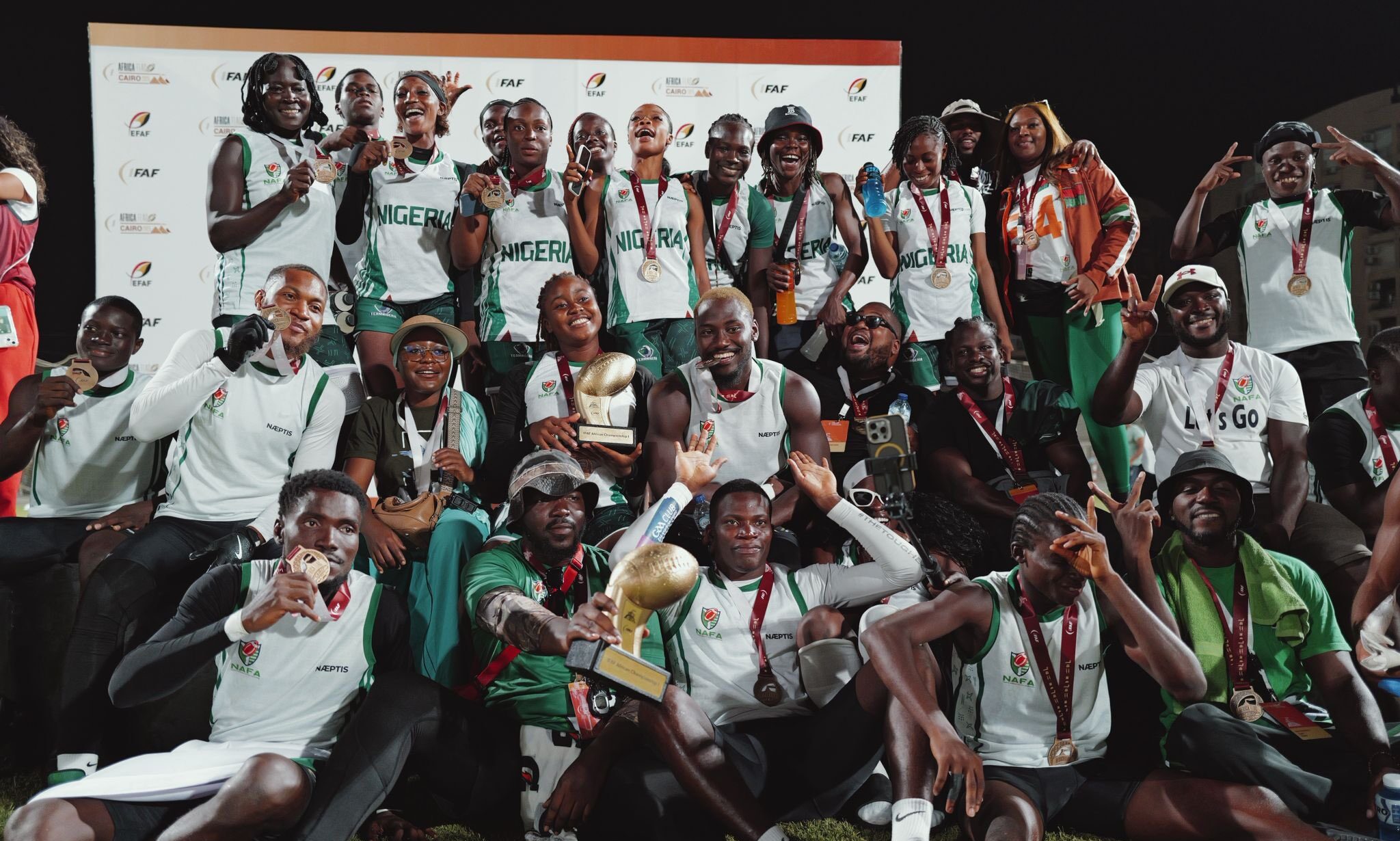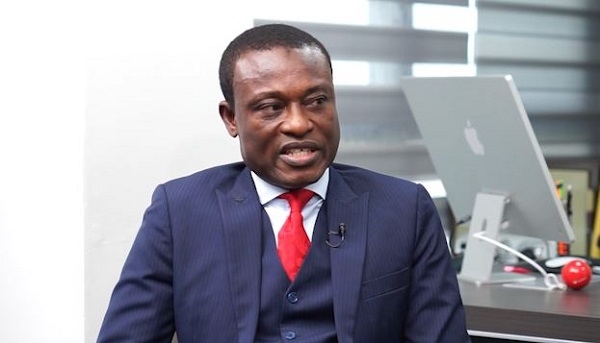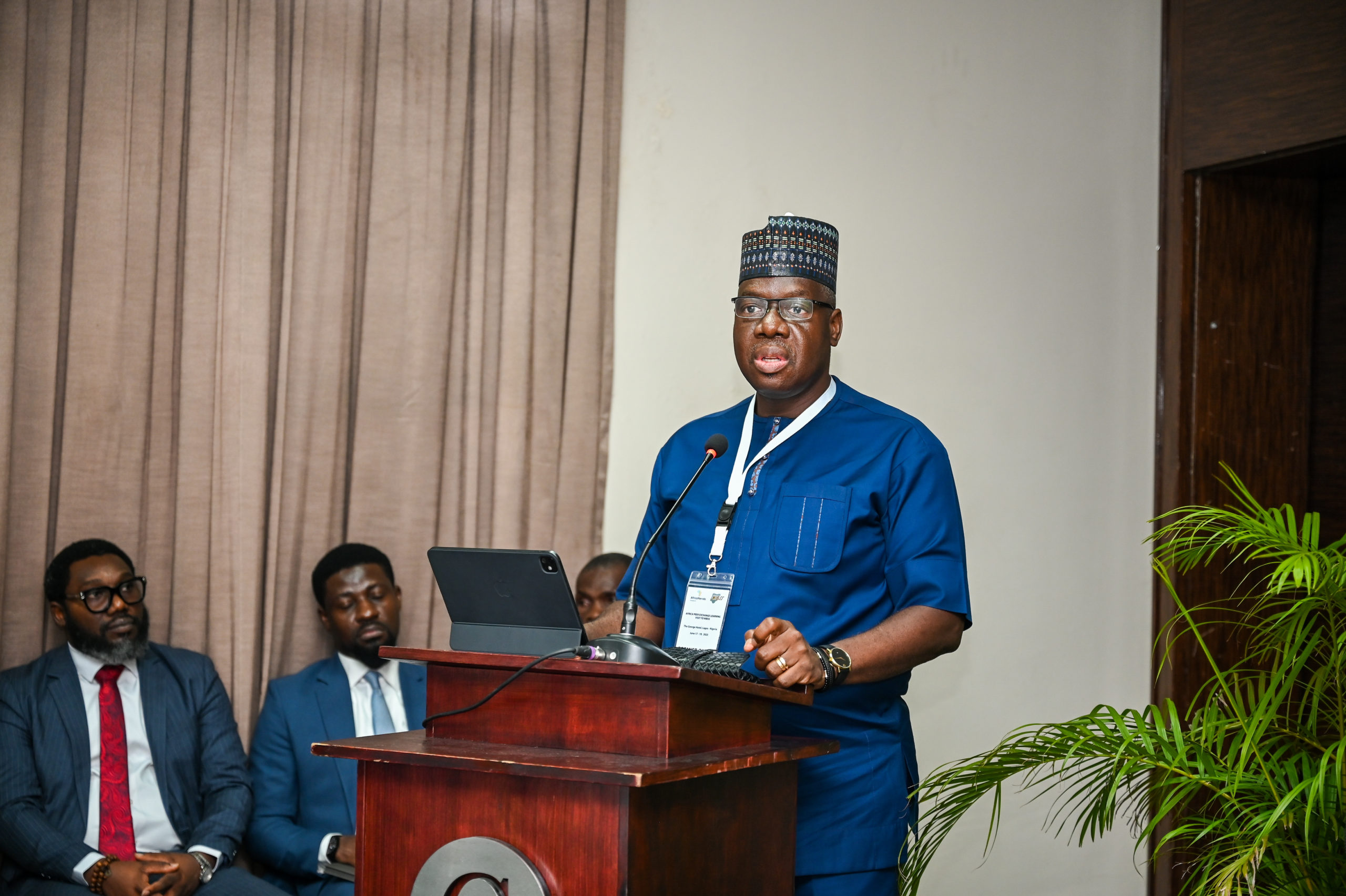2027: CSO wants INEC to regulate cost of party nomination forms
Ahead of the 2027 election, a civil society organisation, the Peering Advocacy and Advancement Centre in Africa (PAACA), has called for urgent amendments to Nigeria’s Electoral Act to empower the Independent National Electoral Commission (INEC) to regulate the cost of nomination forms charged by political parties.
The group said the current practice of allowing parties to fix arbitrary and often exorbitant nomination fees is undemocratic and effectively shuts out young people, women, and persons with disabilities (PWDs) from the political space.
The organisation is also proposing the removal of presidential control over the appointment of INEC commissioners and legal recognition of digital tools such as the Result Viewing Portal (IREV), along with the mandatory electronic transmission of results.
But the group insisted that without guaranteed and timely funding, even the best reform laws or digital innovations will not translate into credible polls.
Speaking in Abuja at the unveiling of its “We The People Memorandum on Electoral Reform 2025” on Thursday, PAACA Executive Director Ezenwa Nwagwu said the unchecked monetisation of the political process was weakening democracy and must be addressed ahead of the 2027 general elections.
He said the PAACA’s memorandum was developed after consultations across 16 states and draws from key reports, including the Justice Uwais Committee and Afrobarometer surveys.
The group proposes that Section 87 of the Electoral Act be amended to grant INEC the legal authority to set ceilings on nomination fees.
According to PAACA, this reform would ensure wider participation in politics, reduce financial barriers, and encourage more inclusive governance.
Nwagwu said, “A primary area of focus is insulating the INEC) from undue executive influence. Currently, the President holds considerable power over the appointment of INEC members, and its funding is subject to annual appropriation, leading to a perceived lack of autonomy.
“Our proposal seeks to establish a broad-based selection committee, incorporating representation from civil society, the judiciary, and the National Assembly, including the National Judicial Council, for all INEC appointments.
“These members would serve a single, non-renewable five-year term, with removal only possible through a rigorous due process following conviction for gross misconduct. Furthermore, to guarantee financial independence, INEC’s funds should be a first-line charge on the Consolidated Revenue Fund, completely insulated from annual appropriation or executive control. This foundational change is expected to improve INEC’s credibility dramatically, enhance public confidence in the electoral process, and establish genuine institutional independence.”
Currently, INEC’s budget is approved through the annual appropriation process, which PAACA argues gives the Presidency and the ruling party excessive leverage over the Commission’s operations and the timing of critical election logistics.
In addition to structural reforms, the group is also demanding the amendment of Section 60(5) of the Electoral Act 2022 to mandate the electronic transmission of results from all polling units directly to the collation centre in Abuja, and simultaneous upload to INEC’s Result Viewing Portal (IREV).
The organisation called for formal recognition of the IREV portal in the Electoral Act, to institutionalise transparency and reduce post-election litigation.
According to Nwagwu, the legal backing for the portal would enhance public trust and ensure real-time access to polling unit results for citizens, observers, and political parties.
He added: “The memorandum also addresses the fragmentation of national identity and voter registers. With multiple data silos, including the Permanent Voter Card (PVC), National Identity Number (NIN), and driver’s licenses, there is a clear need for harmonisation.
“PAACA proposes unifying these data platforms to create a single, comprehensive voter identification system. This integration will streamline voter registration processes, significantly reduce duplication, and enhance the accuracy and integrity of the voter register.
“Addressing the persistent challenge of election logistics, which frequently sees late arrival of materials and personnel undermining credibility, PAACA recommends concrete steps. INEC should be required to conduct rigorous mock logistics exercises well in advance of elections.
“Furthermore, engaging reputable private sector logistics companies, bound by performance bonds for timely delivery, will drastically reduce late start times, prevent voter frustration, and significantly enhance overall election day efficiency and credibility.
The group urged the National Assembly, INEC, political parties, and other stakeholders to prioritise these reforms ahead of the next election cycle, saying that Nigeria cannot afford another controversial poll.













